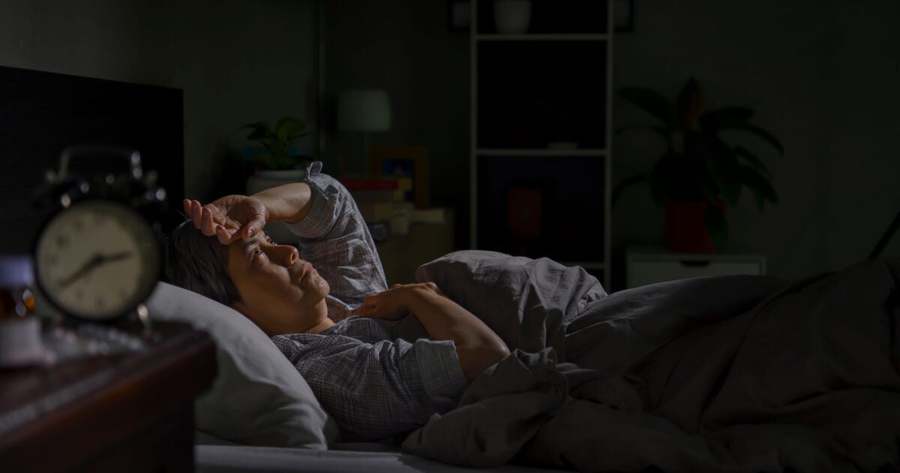
Once the stress of a cancer diagnosis and its intensive treatments have passed, the hope is that life can return to normal. But we know that this is not true for many people who have had treatments for cancer, and sleep is often impacted for a long time after treatment.
Researchers at the American Cancer Society studied responses from 1,903 cancer survivors from across the U.S. These survivors were diagnosed with cancers such as breast cancer or prostate cancer about nine years before the study. As part of the research, these cancer survivors were asked questions about their sleep and cancer history, and their overall physical, mental, and social health. Even though these men and women had been diagnosed with cancer almost a decade ago, a staggering 51 percent reported that their sleep had been disturbed over the prior month.
Why do sleep problems continue after cancer?
Findings suggest that the residual effects of cancer may continue to negatively affect a survivor’s sleep. Not surprisingly, poor sleepers were more likely to report that they had more physical and emotional distress. Perhaps more unexpected were results that showed survivors who were sleeping poorly were also more likely to be having some economic hardship, and expressed worries about money and a fear of cancer recurrence.
These are common burdens for cancer survivors. Financially, cancer survivors not only have to shoulder the medical costs associated with their initial treatments, but also ongoing bills from managing the lasting effects of those treatments. Additionally, survivors may have had to change their work situation, or leave their job entirely, in order to manage their health.
Other research has shown that fear of cancer recurrence is common among survivors. Despite having completed their treatments many years prior, people struggle with chronic distress regarding their health and well-being, often at levels equal to that experienced when they were initially diagnosed with cancer.
This is an excerpt from an article that appears on the Harvard Health Publishing website.
Eric Zhou is an assistant professor at Harvard Medical School. His research focuses on how we can better understand and treat sleep disorders in both pediatric and adult populations, including those with chronic illnesses.
from ScienceBlog.com https://ift.tt/3pLqPeN

No comments:
Post a Comment